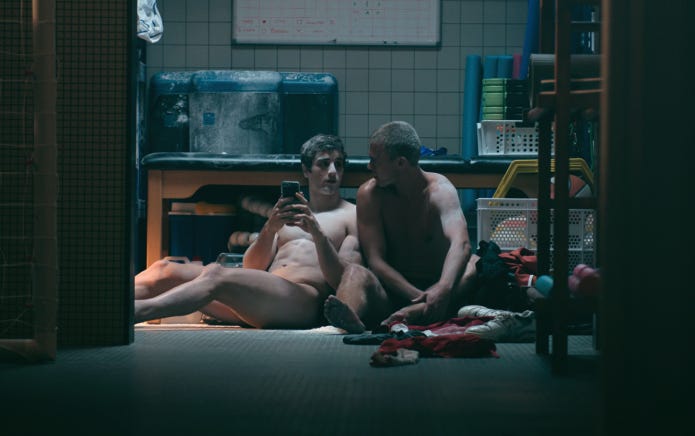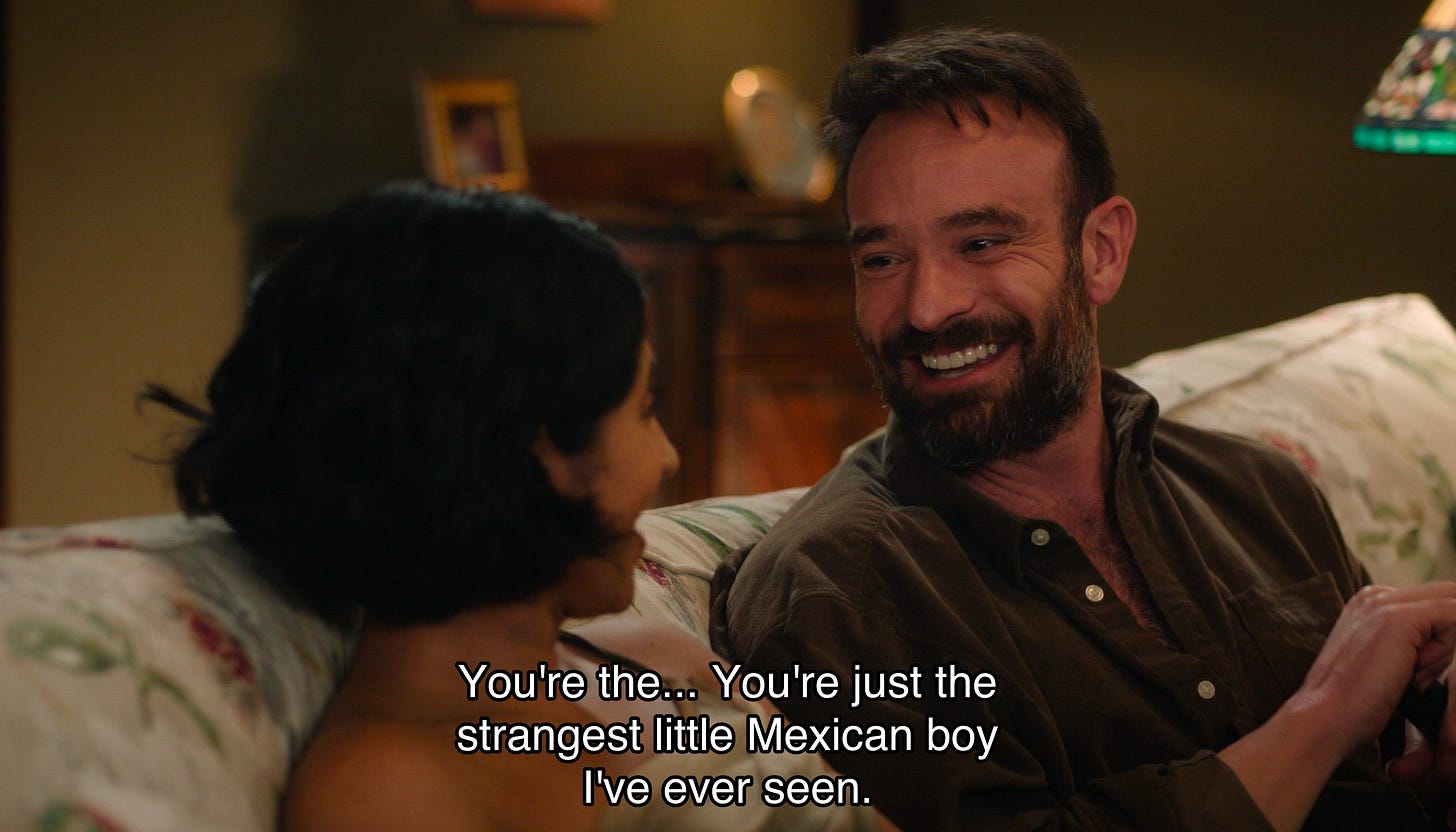What I've learnt about regret
Beyond "don't mix drinks"
For the past few weeks, I’ve been quoting deathbed regrets like they’re a to-do list for a better life:
Work less.
Call your friends.
Live true to yourself.
But after sitting with Bronnie Ware’s Top Five Regrets of the Dying, a thought has been circling in my head:
I don’t think we regret the lives we lived.
I think we regret not getting to live two.
When I reflect on my own regrets, they’re rarely about things I did.
They’re about things I didn’t do. Things I passed on. Left behind. Or was too afraid to try.
And those regrets?
They’re rarely grounded in reality.
They’re wrapped in fantasy.
The version of life where I moved cities and magically “made it work.”
The family visit I didn’t take that, in my head, would’ve solved a rift with one perfect hug.
The content idea I never pursued that, obviously, would’ve gone viral and landed me on the couch at The Kelly Clarkson Show.
It’s all projection. Theory. Make-believe.
A few years ago, my Mum asked me something.
She’s Mexican. And when my brother and I were little, she (and my Dad) made the decision not to speak to us in Spanish — because she wanted us to master English.
She didn’t want us to stand out in a country that already made us different.
She didn’t want us to struggle with language the way she sometimes had to.
So she asked: “Do you wish I had spoken to you in Spanish?”
And I told her no.
I didn’t want her to feel bad.
But the truth is — I did.
I still do a little bit.
I wish I could speak fluently. I wish I could connect more deeply with my heritage. I wish I could watch Olympo without subtitles.
But I’m starting to realise it’s easy to regret the road you didn’t take when you’re not the one who had to walk it.
Maybe if I’d grown up bilingual, my English wouldn’t be as strong.
Maybe I would’ve been teased for sounding different.
Maybe I would’ve struggled even more to fit in — in a world that already made that hard.
This isn’t about whether I could have mastered both.
I know plenty of brilliant multilingual writers, comedians, and presenters.
But that’s not the point.
The point is: there are always trade-offs.
We regret the path not taken because we never had to pay for it.
We forget that the job we didn’t take might’ve come with a boss who crushed our soul.
That the “one who got away” might’ve triggered our worst patterns.
That the bold new life might’ve come with loneliness, or burnout, or a housemate who clips their toenails in the kitchen sink.
But we don’t remember the costs — because we never had to pay them.
So the path not taken becomes perfect. Not because it was.
But because it was free.
We tell ourselves we should’ve done it differently.
That we chose wrong.
That the life we’re living could have been better.
But what we’re really saying is: I wanted the benefits of both paths — without the cost of either.
And that’s not regret. That’s fantasy. Fan fiction. Hoping the universe lets you change the order after the food arrives.
"People want the outcome, not the process.
But the process is the price of the outcome."— Alex Hormozi
I’m not saying don’t feel sad about missed chances.
There’s real grief in wondering what could’ve been.
And often, real insight too.
But don’t mistake your regret for some kind of sacred truth.
Sometimes, the life you “should’ve” lived only looks better because you never had to live it.
Every path costs something. And if you’re not willing to pay that price, don’t pretend the other life would’ve been free.




Another great entry
The Chinese Farmer Story
Once upon a time there was a Chinese farmer whose horse ran away. That evening, all of his neighbors came around to commiserate. They said, “We are so sorry to hear your horse has run away. This is most unfortunate.” The farmer said, “Maybe.”
The next day the horse came back bringing seven wild horses with it, and in the evening everybody came back and said, “Oh, isn’t that lucky. What a great turn of events. You now have eight horses!” The farmer again said, “Maybe.”
The following day his son tried to break one of the horses, and while riding it, he was thrown and broke his leg. The neighbors then said, “Oh dear, that’s too bad,” and the farmer responded, “Maybe.”
The next day the conscription officers came around to conscript people into the army, and they rejected his son because he had a broken leg. Again all the neighbors came around and said, “Isn’t that great!” Again, he said, “Maybe.”
The whole process of nature is an integrated process of immense complexity, and it’s really impossible to tell whether anything that happens in it is good or bad — because you never know what will be the consequence of the misfortune; or, you never know what will be the consequences of good fortune.